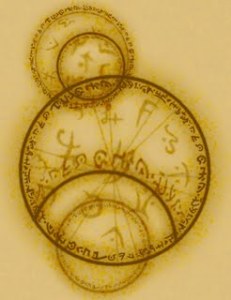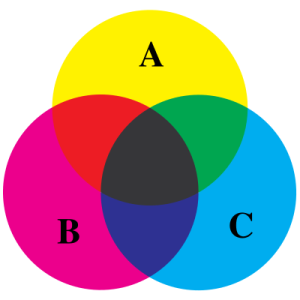I’ve never been comfortable with wrap-ups, really with endings, so this is not my favorite assignment of the course. I also believe that the change the course has wrought is who I am now. So I can’t truly remember my state before the course started. I’ll try.
 In May I think I had in mind a rich and arcane mix of secret hands-on techniques, revelation-inducing tricks, and illuminating tips to take data and voilà! And that’s pretty much been the reality. I have loved the course, even if the units hang together in my mind by the most fragile of threads. This is the material I’ve been wanting to cover for a few years now, and I do hope that the program’s remaining coursework revisits, not only adds to, where we’ve been.
In May I think I had in mind a rich and arcane mix of secret hands-on techniques, revelation-inducing tricks, and illuminating tips to take data and voilà! And that’s pretty much been the reality. I have loved the course, even if the units hang together in my mind by the most fragile of threads. This is the material I’ve been wanting to cover for a few years now, and I do hope that the program’s remaining coursework revisits, not only adds to, where we’ve been.
I am impressed by how many domains of expertise make up the “simplest” web presentation of digital content. Not all steps along the way are deep, but many complex routines reveal an inner core that in best implementation demand art, not just accurate typing. On the other hand, I should not have been surprised, but I was, at the number of parts of the process that are way up, abstracted from command line, web apps—gosh, at how far we’ve come from machine language! I didn’t know about HTML forms; I didn’t know that Linux would be so familiar and so…complete. I evidently had a pretty warped idea of Linux, speaking of the arcane and machine language. This was probably the biggest revelation of the summer, every single detail about installing, using, updating an actual working instance of Linux. Granted it was exciting to see database query results pop on the screen, but the demystifying of Linux was the deepest change to my reality. It still gives me a thrill to see Hardy Heron and hear the snippet of Hardy Heron theme music.
I’m also less impressed with instances of digital libraries now that I know a little of what it takes (this isn’t the sausage analogy, it’s just that doing it is not beyond the likes of us). But I do have trouble seeing how anyone can be master of it all. I am always curious how professionals keep up with the sheer global volume of the new that exists for every scintilla of IT/digital life; we have been introduced to so many different aspects, each with its standards, forums, official and unofficial documentation, blogs, famous practitioners, lore, and culture. I hope there is time to hang out with Ubuntu just to get a better sense of its nature. We didn’t have time. Dream: build the physically separate practice machine August 19-23.
I am much more appreciative than I was at the beginning that we are learning open source solutions, that DigIn was built this way; it’s a twofer, getting the technology AND the moral high ground (IMHO). Open source is not just a product choice, it’s a piece of a larger social picture that has everything to do with our cultural commons and the means librarians and archivists and museum pros choose to achieve the end of preservation of culture. Various extracurricular talks and news this summer have made me surer that it’s a firmer path; you can always pay money, but with open source you will probably be negotiating, planning, and designing more, and that brings you closer to your product (or process). And it’s community.
The art of crafting the database (the Organization of Knowledge, the holiest of course titles) matters clearly, and maybe some of us are natural artists and some aren’t but will be and some will know better than to try. This was the part of the course I was most invested in as an archivist/special collections librarian. It’s not easy for me, but it’s still compelling. Quest for the elegant.
The only disturbing element of the semester is learning to sit for much longer in front of computers. I can. And that’s not very good.
I am possibly more excited at the end of this course than I was at the beginning. And that’s knowing that all semester I have battled poor memory in remembering where in my three binders for the course that phrase is that tells me how to find Webmin or the syntax for retrieving user permissions info or the libraries of new software for Ubuntu. These are all the threads that are fragile now and will begin to break when not used in the coming weeks, so here’s to using them and weaving some real fabric. I don’t want just to be able to talk to the people who do it all, I still, at the end of the course, want to do. No change in attitude, three binders richer.